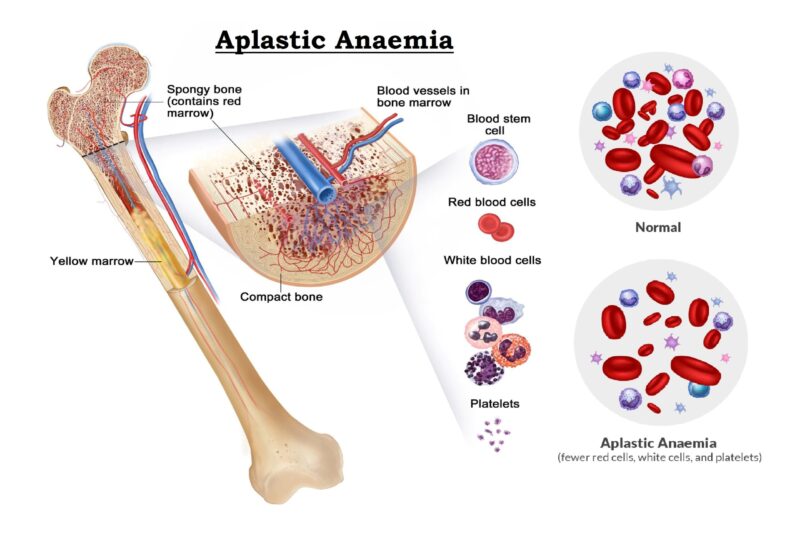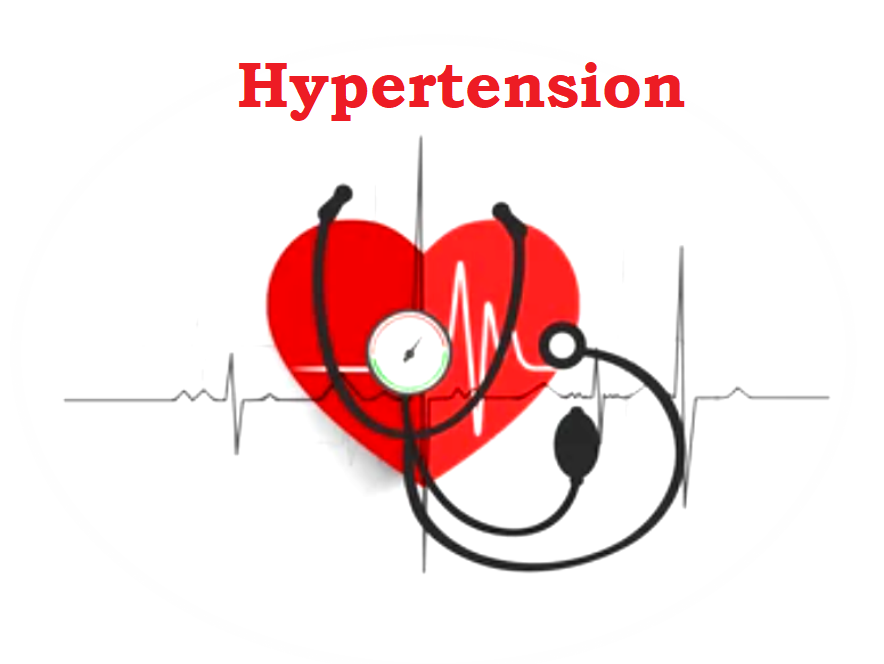There is no specific antiviral treatment recommended for 2019-nCoV infection. People infected with 2019-nCoV should receive supportive care to help relieve symptoms. For severe cases, treatment should include care to support vital organ functions. At the primary phase of infection, The Drug Controller General of India has granted approval to the Indian Council of Medical Research to use a combination of lopinavir and ritonavir in the event of the coronavirus infection turning into a public health emergency in the country, reported the Economic Times. Lopinavir and ritonavir have already been approved for the treatment of HIV infection. People who think they may have been exposed to 2019-nCoV should contact your healthcare provider immediately.
The most common symptoms of COVID-19 are fever, chills or dizziness, cough, tiredness, nasal congestion, conjunctivitis (also known as red eyes), fatigue, muscle or body aches, headache, new loss of taste or smell, sore throat, congestion or runny nose, nausea or vomiting and or diarrhea; patient can most likely treat them at home. Most people recover from COVID-19 without the need for hospital care. Call doctor to ask about whether he/she should stay at home or get medical care person.
At-Home Coronavirus Treatment
If symptoms are mild enough that the patient can recover at home, he/she should:
- Complete rest; It can make feel better and may speed recovery.
- Stay home. Don't go to work, school, or public places.
- Drink much more amount fluids; Dehydration can make symptoms worse and cause other health problems.
- Monitoring health status, If symptoms get worse, call the doctor right away. Don't go to their office without calling first. They might tell to stay home, or they may need to take extra steps to protect staff and other patients.
- Ask the doctor about over-the-counter medicines that may help. The most important thing to do is to avoid infecting other people, especially those who are over 65 or who have other health problems.
- Try to stay in one place in your home. Use a separate bedroom and bathroom if possible.
- Wear a mask over your nose and mouth if can.
- Wash regularly, especially your hands.
- Don't share dishes, cups, eating utensils, towels, or bedding with anyone else.
- Clean and disinfect common surfaces like doorknobs, counters, and table tops.
At-Hospital Coronavirus Treatment
Don't need to go to the hospital if person have basic COVID-19 symptoms, like a mild fever or cough on any other common symptoms mention previously. If the patient’s condition is severe, members of the medical staff will check for signs that the illness is causing more serious complication. Then they might
- Check the levels of oxygen in the blood with a pulse-oximeter,
- Examine chest sound (Lungs), a chest X-ray or CT scan.
- If required doctors may give extra oxygen through two small tubes that go just inside nostrils. In very serious cases, doctors will give a ventilator support.
- May also give fluids through IV, to keep from getting dehydrated. Doctors will also closely monitor breathing.
- Doctors may give an antiviral medicine called Remdesivir. Remdesivir is the first drug approved by the FDA for treatment of hospitalized COVID patients over the age of 12 years. Research shows that some patients recover faster after taking it. Remdesivir was created to fight Ebola, but the FDA has issued an emergency use ruling so doctors can use it against COVID-19.
- Doctor might also give other medication to thin the blood and prevent clots. If patient take drugs such as angiotensin-converting enzyme (ACE) inhibitors, angiotensin receptor blockers (ARBs), or statins for other health problems; doctor will tell to continue them as usual.
- The FDA has issued an emergency use authorization (EUA) for two drugs called monoclonal antibodies to treat COVID-19. Casirivimab and Imdevimab can be given to high-risk patients who have recently been diagnosed with mild to moderate illness to lower levels of the virus in their bodies and lower the risk of hospitalization.
- Many clinical trials are underway to explore treatments used for other conditions that could fight COVID-19 and to develop new ones. The FDA is also allowing clinical trials and hospital use of blood plasma from people who've recovered from COVID-19 in order to help patients with severe or life-threatening cases (Convalescent plasma).
- Clinical trials are under way for other medications, including tocilizumab, which has been used to treat autoimmune conditions and an inflammatory condition called cytokine release syndrome.
- The FDA has rescinded its emergency authorization for the use of hydroxychloroquine and chloroquine to treat people who are hospitalized with COVID-19 amid serious concerns about their safety and how well they worked against the virus. The medications are approved to treat malaria and autoimmune conditions like rheumatoid arthritis and lupus.
- One study found that dexamethasone, a common steroid medication, can help people who are hospitalized with severe COVID-19 complications. But the findings are preliminary, and the researchers haven’t released the full study.
Scientists are trying to make new medicines and test some existing drugs to see whether they can treat COVID-19. In the meantime, there are a number of things that can relieve symptoms, both at home and at the hospital.




